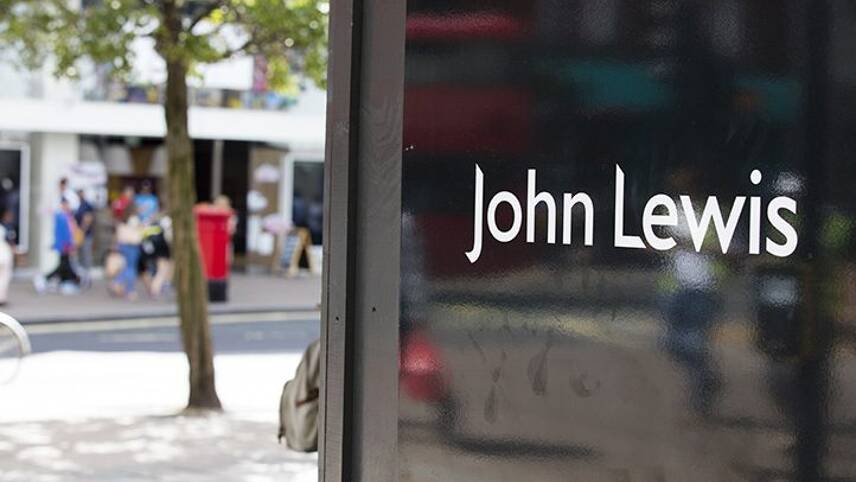Register for free and continue reading
Join our growing army of changemakers and get unlimited access to our premium content

The company has appointed new climate change specialists to strengthen its sustainability team
The John Lewis Partnership has joined the UNFCCC’s Race to Zero campaign. As of March 2021, almost one in three FTSE100 companies have signed up to the UN’s Race to Zero campaign, with more than 4,000 businesses currently signed up to the initiative.
Additionally, the company has signed up to the Science Based Targets initiative’s (SBTi) Business Ambition for 1.5C. John Lewis claims it is in the process of establishing science-based targets for itself and Waitrose, both of which will be aligned to the 1.5C pathway of the Paris Agreement.
The John Lewis Partnership’s director of sustainability and ethics Marija Rompani, Director of Sustainability & Ethics at the John Lewis Partnership, comments: “This is a critical year for climate policy. World leaders are meeting at COP26 in a few short weeks and it’s essential that this global summit accelerates action towards the goals set out by the Paris Agreement and UN Framework Convention on Climate Change.
“We are absolutely committed to that ambition and recognise the important role the retail industry has in supporting its goals. We of course will not be able to solve the climate crisis alone, but we are prepared to take bold action to ensure we’re part of the solution and we look forward to taking this critical next step as we set our science-based targets.”
The company has appointed new climate change specialists to strengthen its sustainability team.
Alex Sutton, the former chief sustainability officer of SSE, will lead the climate change programme and Simon Winch, previously at Virgin Group, joins as environment lead.
Net-zero
Last year, the company committed to becoming a net-zero business by 2035 – 15 years sooner than originally planned – as part of a sweeping new business strategy.
Developed in light of the impact of Covid-19 on the British high street, the plan is headlined by commitments to grow John Lewis Partnerships’ online offering; expand digital services and develop more affordable product ranges.
But it also contains several major commitments around emissions, waste and ethics. The retailer’s net-zero target, which was set at 2050 before the UK Government enshrined this deadline in law, has been moved to 2035. It covers all of John Lewis Partnership’s Scope 1 (direct) and Scope 2 (power-related) emissions and the retailer will not purchase carbon credits to reach the goal.
In recognition of the fact that farms account for a large portion of the business’ Scope 3 (indirect) emissions, the new strategy commits the business to only sourcing from net-zero certified farms in the UK by 2035.
Matt Mace


Please login or Register to leave a comment.